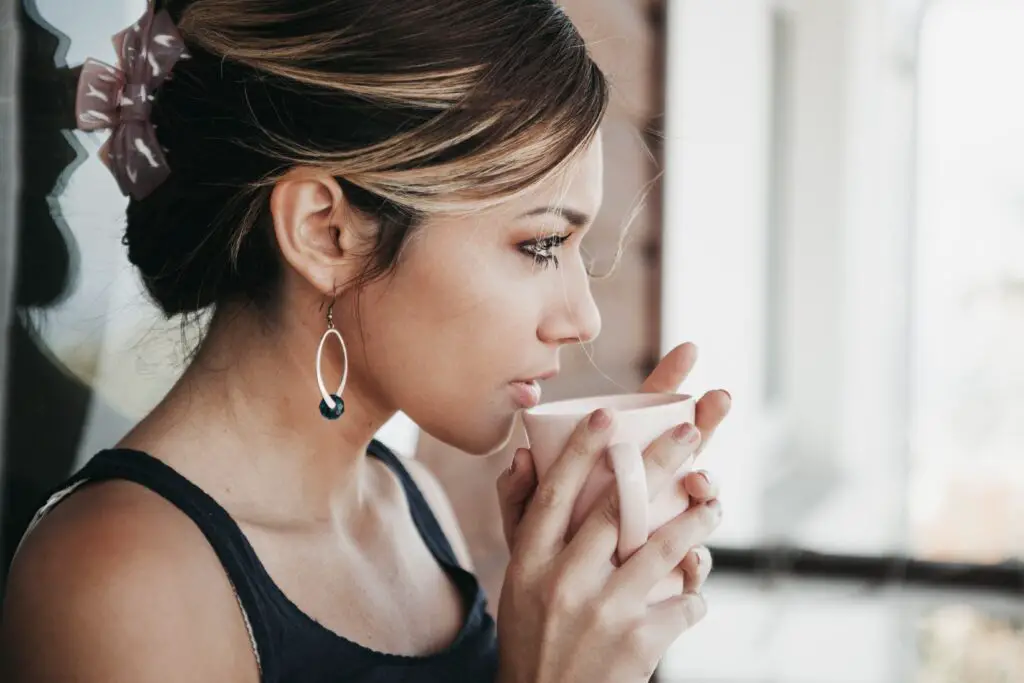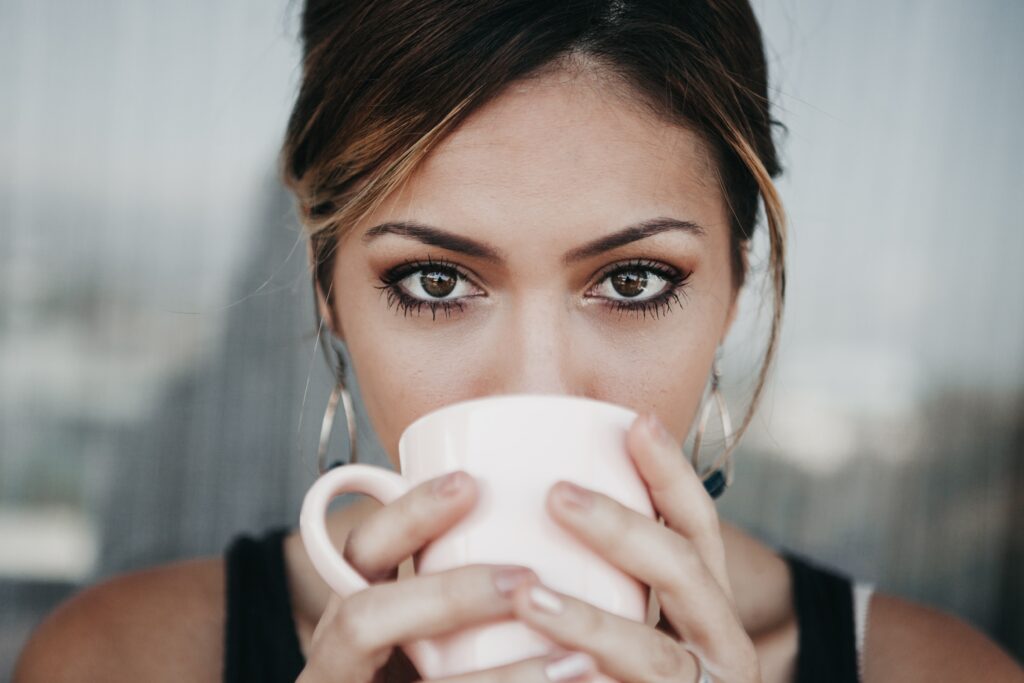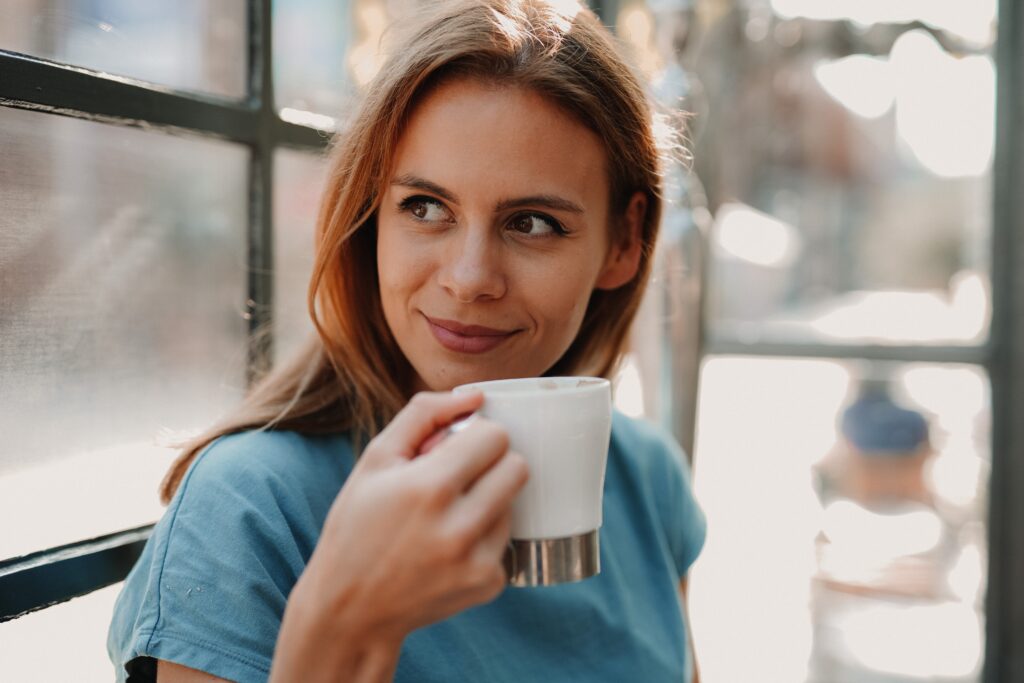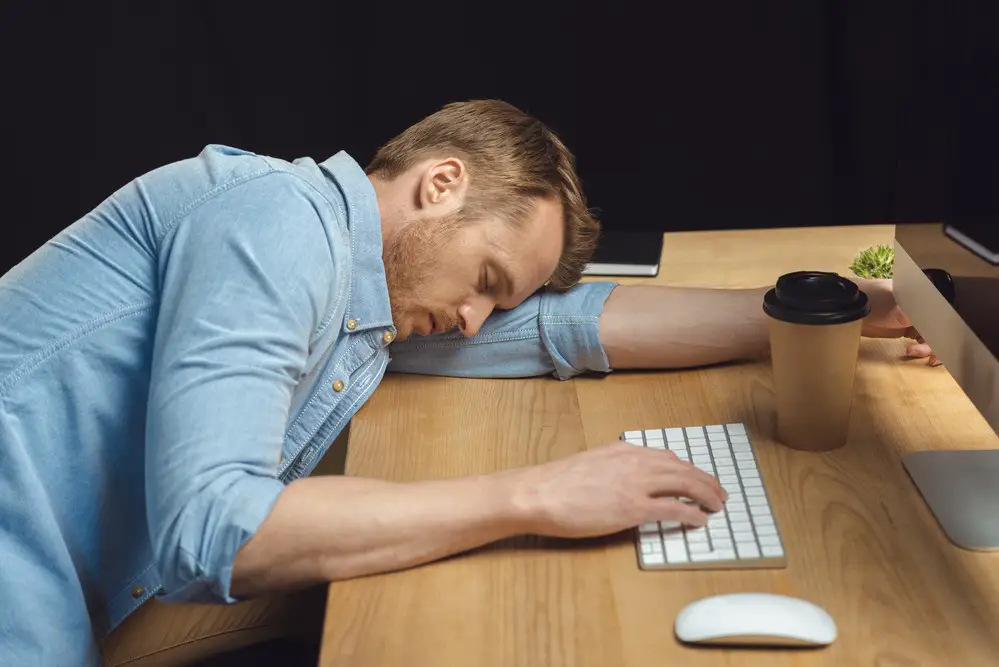As a BetterHelp affiliate, we receive compensation from BetterHelp if you purchase products or services through the links provided
Do you drink coffee to stay awake? Do you have trouble falling asleep after drinking coffee? If so, you’re not alone. Millions of people around the world struggle with sleep after drinking caffeine. In this article, we will discuss some tips on how to sleep after drinking coffee. We will also discuss the risks of drinking coffee before bed and offer some alternatives to help you get a good night’s sleep.
How Does Caffeine Affect Our Bodies?
Caffeine is a stimulant that can have a number of effects on our bodies. Caffeine increases our heart rate and blood pressure, which can lead to feelings of anxiety and jitters. Caffeine can also cause us to urinate more frequently, which can lead to dehydration and disrupt our sleep patterns. In addition, caffeine can stay in our system for up to six hours after we consume it, making it difficult to fall asleep at night. All of these factors can make it difficult to get a good night’s sleep if you’ve had coffee before bed.

Does Eating Coffee Beans Give You Caffeine?
Yes, eating coffee beans does not give you caffeine. Coffee is filtered and diluted with water so it is far less concentrated than whole coffee beans.
Tips To Fall A Sleep After Drinking Coffee
If you’re struggling with sleep quality after drinking coffee, you can do a few things to help yourself fall asleep. First, avoid drinking caffeine late in the day. Caffeine has a half-life of six hours, which means it will stay in your system for up to 12 hours if you consume it at night.
Some of the tips for falling asleep after drinking coffee are as follows:
Drink Water Before Drinking Coffee
If you’re going to drink coffee, make sure to drink water first. Caffeine is a diuretic, which means it will make you urinate more frequently. Drinking water before you drink coffee will help offset this effect and keep you hydrated.
Don’t Drink Too Much Coffee
It’s essential to limit your caffeine intake to avoid disrupting your deep sleep. If you’re struggling to sleep after drinking coffee, try cutting back on the amount you drink during the day.
Drink Decaf Coffee Or Tea
If you find falling asleep after drinking caffeinated beverages difficult, try switching to decaf coffee or tea. Decaf coffee still contains some caffeine, but it’s much lower than regular coffee. You can also try caffeine-free herbal teas.
Get Some Exercise
Exercise can help tire you out and make it easier to fall asleep at night. If you’re struggling to sleep after drinking coffee, try going for a walk or doing some light exercises before bed.
Instate A Coffee Cut-Off Time
Set a rule to not drink coffee past a particular time in the day. This will help you sleep better at night since the caffeine will have time to leave your system before you go to bed.

Avoid Eating Close To Bedtime
Eating close to bedtime can make it difficult to fall asleep. If you’re struggling to sleep after drinking coffee, try avoiding food for at least two hours before bed.
Try A Regular Sleep Schedule
If you’re struggling to sleep after drinking coffee, try following a regular sleep schedule. This means going to bed and waking up at the same time every day. This will help train your body to fall asleep at night.
Create A Good Sleep Environment
Creating a good sleep environment can also help you fall asleep after drinking coffee. Make sure your bedroom is dark, quiet, and cool to create an ideal environment for sleep.
Use Relaxation Techniques
Relaxation techniques can help you fall asleep after drinking coffee. Try deep breathing exercises or progressive muscle relaxation to help you relax and fall asleep.
Turn Off Your Electronics
Using electronics before bed can make it difficult to fall asleep. If you’re struggling to sleep after drinking coffee, try turning off your electronics at least 30 minutes before bed.
Practice Meditation Or Light Yoga
Meditation and light yoga can help you relax and fall asleep after drinking coffee. If you’re struggling to sleep, try meditating or doing light yoga before bed. These relaxation techniques can help you fall asleep more easily.
Melatonin Supplements
If you’re struggling to sleep after drinking coffee, you can try taking melatonin supplements. Melatonin is a hormone that helps regulate your sleep cycle. Taking melatonin before bed can help you fall asleep more easily.
Unwind With Relaxing Music
Listening to relaxing music can help you fall asleep after drinking coffee. If you’re struggling to sleep, try listening to soothing music before bed. This can help you relax and fall asleep more easily.
Write Down Your Thoughts
If you’re struggling to sleep after drinking coffee, try writing down your thoughts before bed. This can help you clear your mind and fall asleep more easily.
Practice Deep Breathing Exercises
Deep breathing exercises can help you relax and fall asleep after drinking coffee. If you’re struggling to sleep, try doing deep breathing exercises before bed. This can help you fall asleep more easily.
Talk To Your Doctor
If you’re struggling to sleep after drinking coffee, talk to your doctor. They can help you identify any underlying health conditions causing your insomnia and recommend treatment options.
Can Caffeine Cause Insomnia?
Yes, as mentioned above, caffeine can cause insomnia. Caffeine is a stimulant that can make it difficult to fall asleep.

Conclusion
Drinking coffee can make it difficult to fall asleep at night. If you’re struggling to sleep after drinking coffee, you can do a few things to help yourself fall asleep. Avoid drinking caffeine late in the day. Caffeine has a half-life of six hours, which means it takes six hours for the body to metabolize half of the caffeine consumed. If you drink coffee at noon, half of the caffeine will still be in your system at six o’clock PM. Avoid drinking coffee past two or three o’clock in the afternoon to give the caffeine time to leave your system before bedtime.
Articles You Might Enjoy Reading
3 Different Types of Stress
Supplements vs. Vitamins: A Comparison
Things to Know Before Taking Supplements
What You Need to Know About Cognitive Behavioral Therapy (CBT)
How to Be Fulfilled In Your Relationship And Happy with Your Partner
- Left Arm Pain and Anxiety: Understanding the Relationship - November 23, 2023
- Anxiety Paralysis: Coping with Overwhelming Stress - November 23, 2023
- Anxious vs. Nervous: Differentiating Emotions and Responses - November 15, 2023
This site contains affiliate links to products. We will receive a commission for purchases made through these links.



